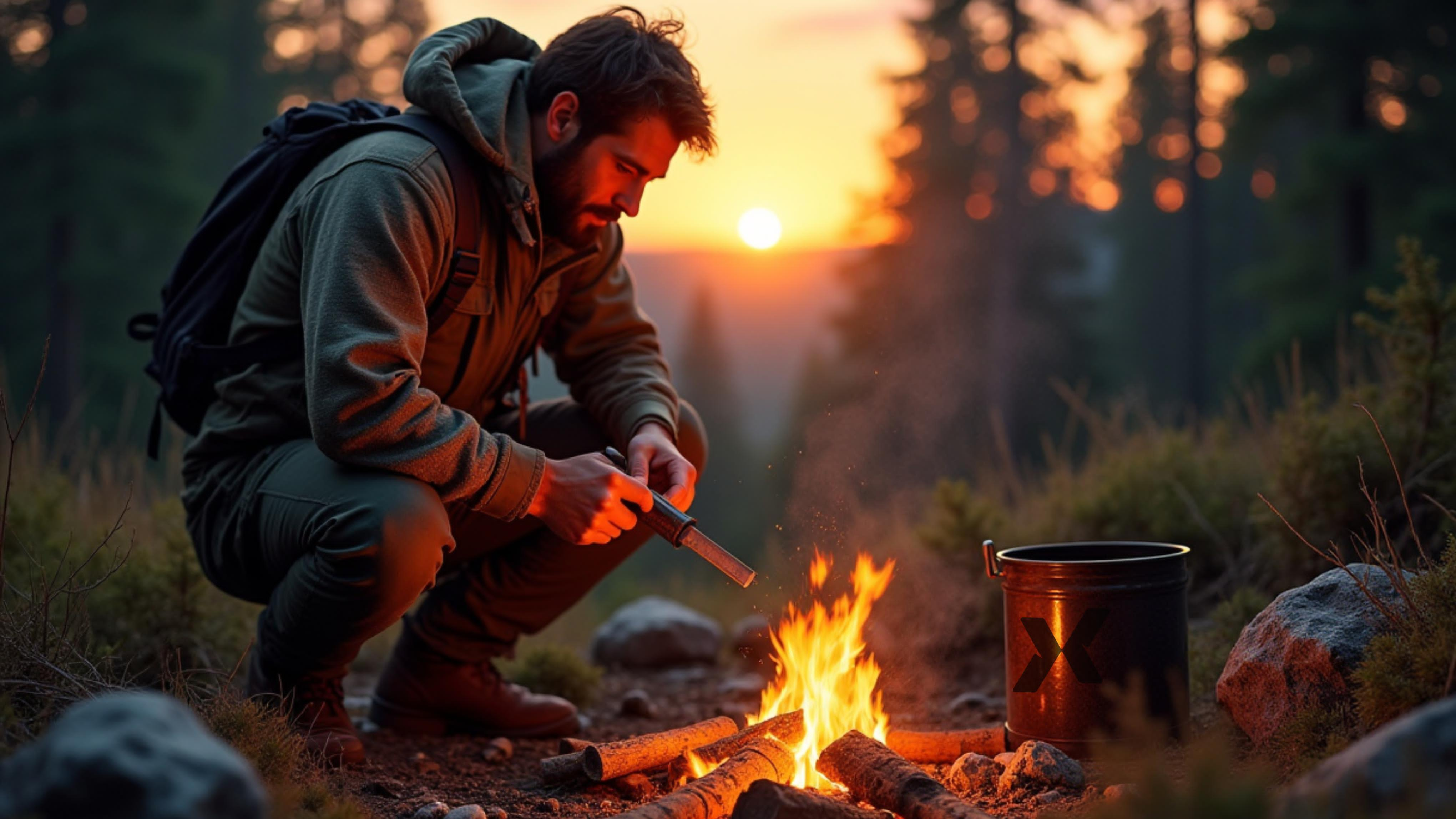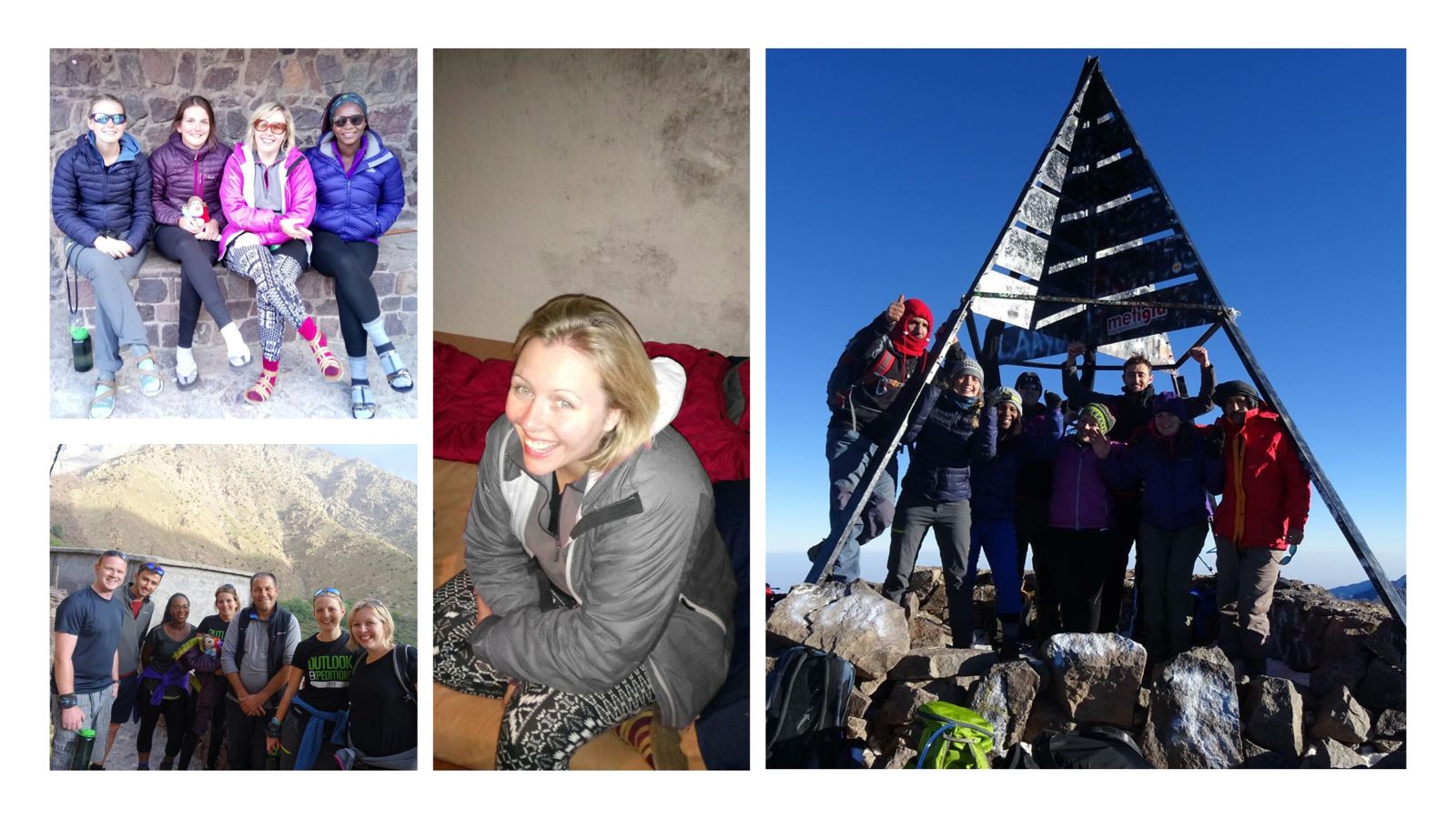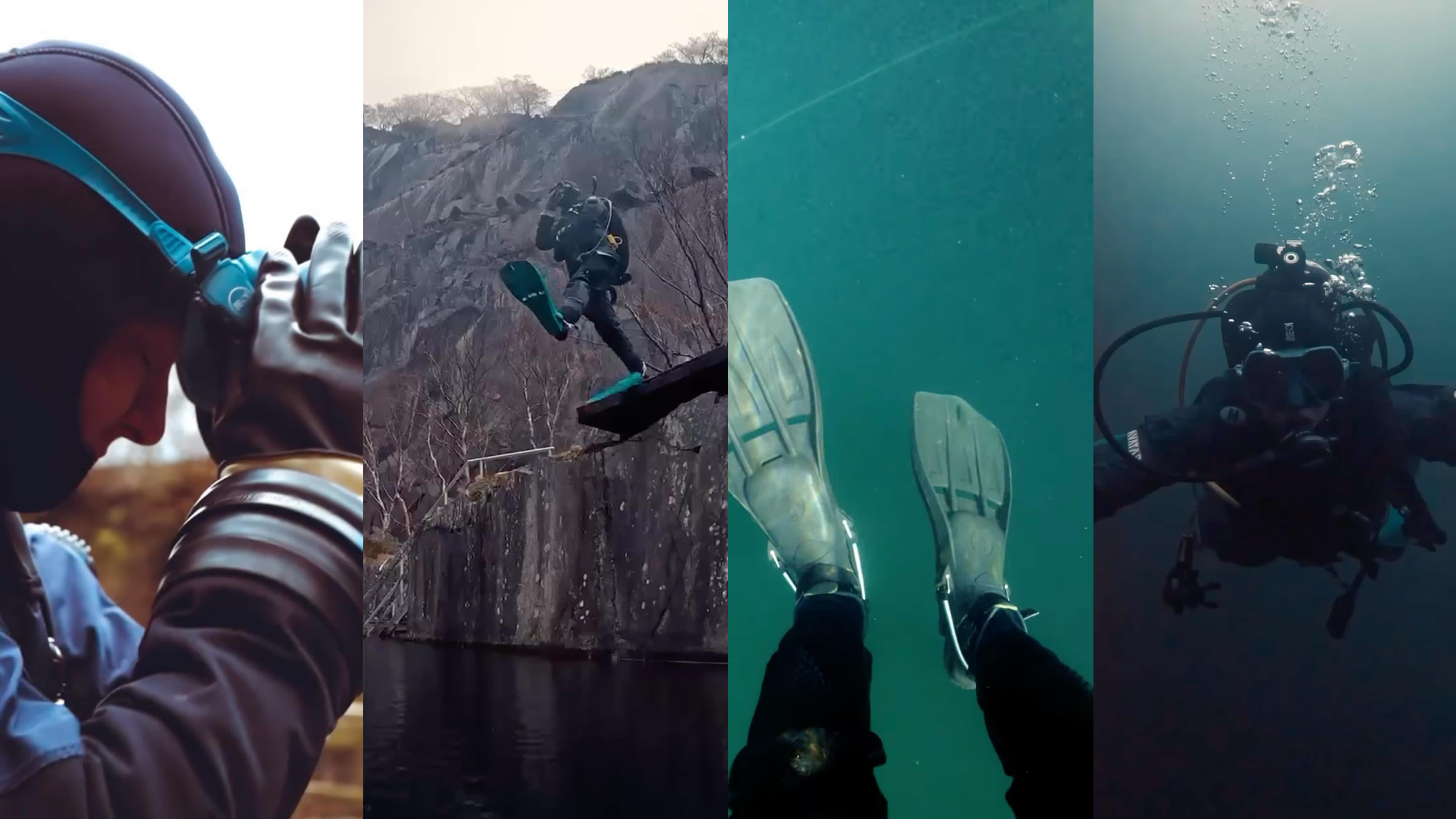
The Ultimate Guide to Outdoor Survival for Beginners
Outdoor adventure isn’t just about scenic views and adrenaline highs—it’s also about knowing what to do when things don’t go as planned.
We’ve been out in freezing rain, lost trails, broken gear… and it’s those moments that make or break an experience. Whether you’re deep in the forest, halfway up a mountain, or stuck by a river at sunset, knowing the basics of survival can change fear into focus.
At Xplor, we teach survival as a mindset—not just a skillset. Here are the core techniques every explorer should know, drawn from experience, not just theory.
1. Fire-Making – The Skill That Changes Everything
Nothing feels more primal than starting your own fire—and nothing feels more frustrating than failing to do it in the wind and rain. We’ve seen groups try for hours in the cold before finally getting that spark to catch. And when it does, it’s magic.
What we teach (and use ourselves):
- Flint and Steel – Reliable and tough, but needs dry kindling (we teach how to find it).
- Bow Drill Method – Hard work, but rewarding. Most people try this once and never forget it.
- Magnesium Fire Starters – Great in wet weather—life-saving in a downpour.
Go-to fire builds we swear by:
- Teepee Fire – Fast to light, good for morale.
- Log Cabin – Steady, reliable burn.
- Star Fire – Conserves wood and looks amazing at night.
“One of our students cried the first time they lit a fire from scratch—it wasn’t about the flame, it was about the feeling of finally doing something real.”
2. Finding & Purifying Water – Nature Doesn’t Hand You Bottles
On a hot expedition last summer, our team ran out of bottled water halfway through the trail. No panic—we turned to the stream nearby and got to work. Within 15 minutes, everyone was hydrated, safe, and ready to keep going.
Where to find it:
- Flowing rivers, creeks, and springs.
- Collecting rain with tarps or even large leaves.
- Digging near green vegetation when all else fails.
How we purify it:
- Boiling – Simple, effective.
- Portable Filters – We always carry these on expeditions.
- Solar Disinfection (SODIS) – A great trick using clear bottles and sunshine.
“Every Xplor course includes water purification—not because it’s cool, but because when you need it, it’s everything.”
3. Shelter Building – When the Sky Turns
We once got caught in a freak hailstorm in the forest. Within 20 minutes, the team had built two A-frame shelters from logs, tarps, and branches. Not perfect, but enough to keep dry and safe.
Types of shelters we build with students:
- Lean-To – Quick and easy with a tarp or branches.
- A-Frame – Stable and cozy if built right.
- Debris Hut – Warm, camouflaged, and surprisingly comfortable.
Lesson learned:
Shelters aren’t just for sleep—they’re for morale, protection, and control over your environment.
4. Navigation Without GPS – Trust Your Eyes, Not Your Apps
Batteries die. Signals drop. It’s why we teach map and compass skills in every Xplor survival course.
Natural techniques we use:
- Sun Movement – East in the morning, west at sunset—still one of the best guides.
- Following Rivers – Nature’s highways often lead to trails, roads, or people.
- Reading a Compass – Sounds basic, but it’s a superpower when you’re lost.
“One of our younger explorers figured out we were off-course using nothing but the sun and a hand-drawn map. That’s a skill they’ll carry for life.”
5. Food Foraging & Survival Nutrition – Fuel for the Mind and Body
You won’t last long on trail mix and vibes. We teach foraging not just for fun—but because it might matter one day.
What we look for:
- Safe wild food – Blackberries, pine nuts, nettles.
- Natural protein – Crickets, mealworms, even ants (yes, they’re edible—and surprisingly tangy).
- Trapping basics – Deadfalls and snares, taught responsibly with full ethical awareness.
“Cooking wild nettles and pine tea over a fire they made themselves—that’s when our group finally felt like real survivalists.”
Conclusion
Survival isn’t about fear. It’s about readiness. It’s knowing that no matter what happens, you can adapt, build, think clearly, and take care of yourself and your team.
At Xplor, we don’t teach survival as a worst-case backup—we teach it as a way to build confidence, leadership, and calm under pressure.
Because when you know you can handle the wild… you can handle anything.











